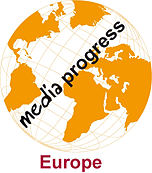Baltic Media Centre Fund
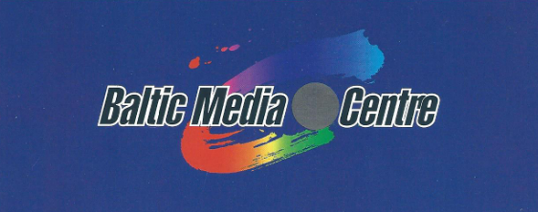
Baltic Media Centre Fund (BMC) was established in 1994 by TV2 Bornholm, Denmark's Radio, Danish School of Journalism, the Association of Independent Producers, Danish Association of Journalists and a number of other media professionals, including representatives from the Danish Parliament.
The founding managing director was Bent Noerby Bonde and the chairperson the next 12 years was Tonny Jensen.
BMC aims and methods
The aim of BMC was to promote democracy, peace, and international cooperation through its support to media, media organizations and governments in regions and countries of transition or conflicts.
BMC was the first media organisation to take a holistic approach to its work. At its core, BMC had expertise in large, long term and often regional projects. BMC holistically combined capacity and institution building, stimulation of production and international co-productions as well as media policy instruments in order to reach the optimal impact on the development of peace and democracy.
An International Board of Expert Advisors had from each country the general directors of national public radio and public TV, as well as the leaders of the associations of private media and of independent producers and they guided the work of BMC in the five countries.
Media legislation[1], media structures, capacity building of journalists and media managers, and co-production of documentaries and other programmes were key elements of BMC's support.
BMC history
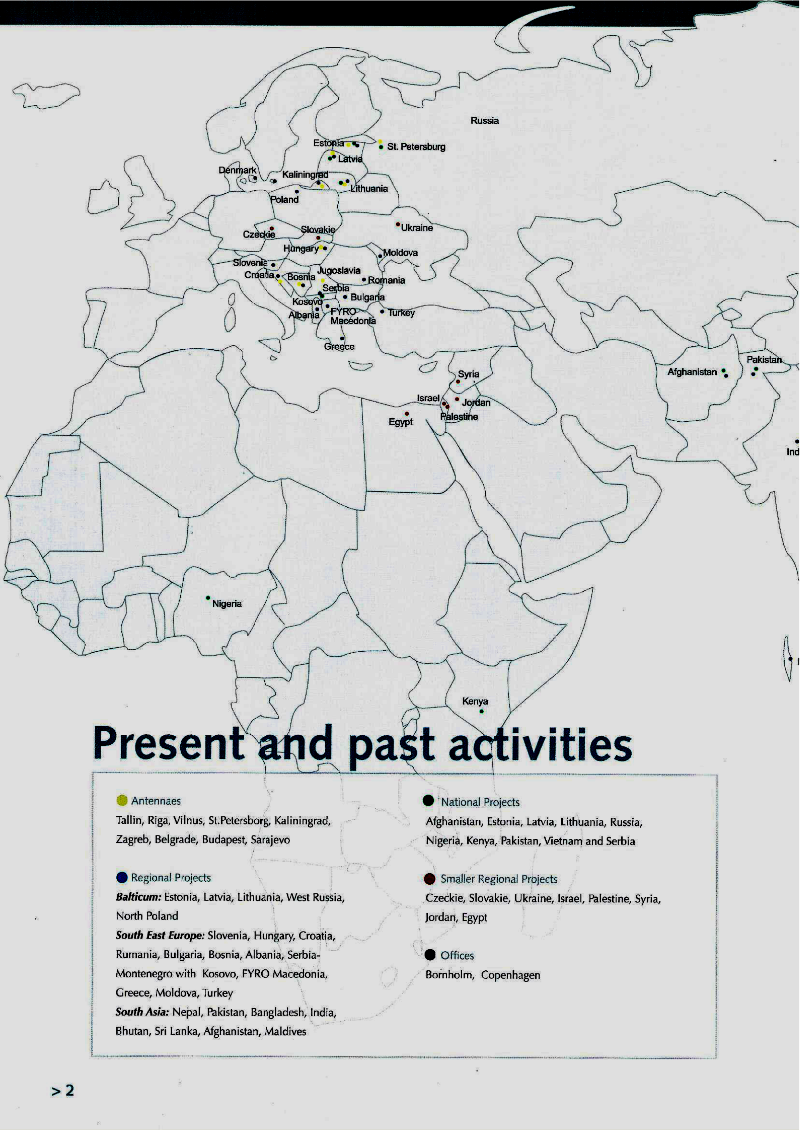
BMC initially collaborated with national public broadcasters and associations of private broadcasters as well as independent producers in the newly independent states Estonia, Latvia, Lithuania and with Russia and Poland in their transition to democracy.
An International Board of Expert Advisors had from each country the general directors of national public radio and public TV, as well as the leaders of the associations of private media and of independent producers and they guided the work of BMC in the five countries.
Media legislation[1], media structures, capacity building of journalists and media managers, and co-production of documentaries[2] and other programmes were key elements of BMC's support.
Balticum Film & TV Festival
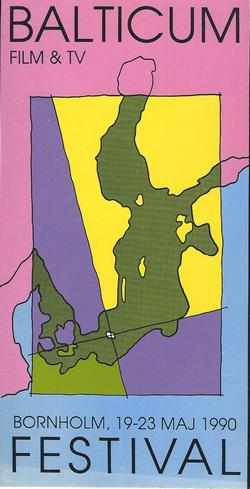
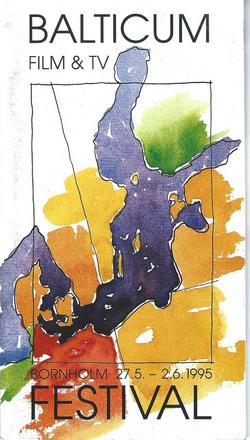
As of 1994, BMC managed the Balticum Film & TV Festival[7], originally started by TV 2 Bornholm, which brought together documentary producers from the 9 countries surrounding the Baltic Sea.
The Baltic Sea Forum for Documentaries[8], funding documentary co-productions, was subsequently established. This Forum still takes place in Riga on an annual basis.
Balkans - Afghanistan
By 1999 BMC activities also focused on South East Europe and the establishment of regional networks between public broadcasters and private broadcaster associations for ten countries of which half had been wartime enemies during the 1990'es[3].
The regional networks TELESEE and SEENAPB established the news exchange ERNO[4] between the public TV-stations and still continued by EBU, and daily news exchanges between national associations of private radio and television[5]. Co-productions, media policy and capacity building, funded primarily through the Danish FRESTA programme, constituted major elements in BMC's support to media development in South East Europe.
BMC was also involved in regional projects including training of staff, policy collaboration and co-productions in South Asia and the Middle East.
BMC had as international partners the European Broadcasting Union, the Circom Regional, the CoPeAM, and Council of Europe.
In 2002, the BMC launched and managed a 2-hour daily news programmes - Good Morning Afghanistan[6] - broadcast between 7 and 9 by Radio Afghanistan. This programme ran for nine years until it was finally taken off air in 2011.
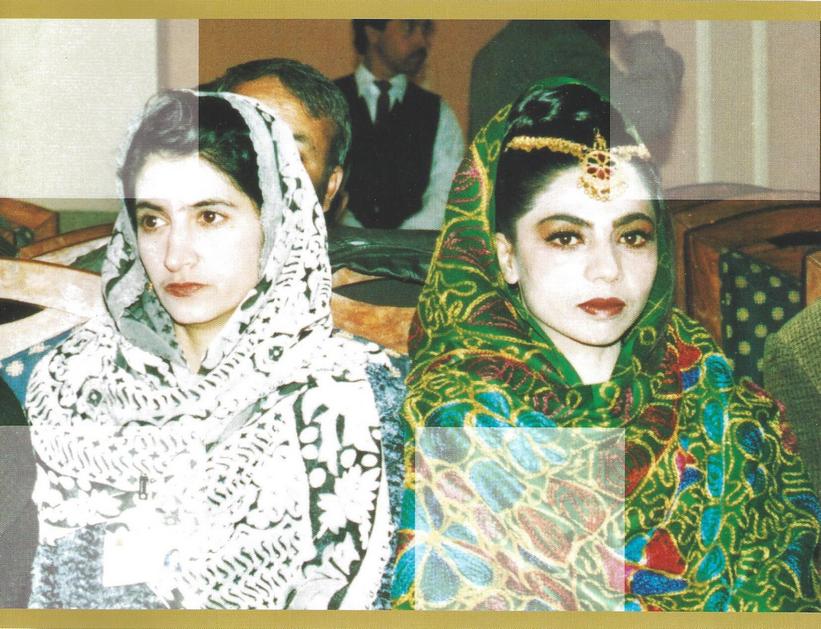
By the end of 2002 the Baltic Media Centre Fund and its subsidiaries had a turnover of 3.5 million Euros of which 60 % was project support from Denmark and 40 % from EU, a solid equity capital and 70 media experts working across 23 countries.
After 10 years managing director Bent Noerby Bonde left his position and the new managing director from April 2003 was Simon Drewsen Holmberg.
The centre closed down in 2005, but the approach and methods continued in the consultancy Media Progress www.media-progress.net
Documents
Presentation of the organisation (1999 version) - Baltic Media Centre Fund.
Annual Report 1997 - BMC Annual report 1997
Annual Report 1998 - BMC Annual report 1998
Annual Report 1999 - BMC Annual report 1999
Annual Report 2000 - BMC Annual report 2000
Annual Report 2002 - BMC Annual report 2002
[1] http://www.vii.org/monroe/issue48_49/supp1.html
[3] http://circom-regional.eu/doc-download/cr-docs/reports/128-december-2001/file
[4] http://www.nordicom.gu.se/sites/default/files/kapitel-pdf/42_153-176.pdf
[5] http://www.abbro-bg.org/docs/4e2aaba307d3572742afbd9656226cdb.pdf
[6] http://reliefweb.int/report/afghanistan/good-morning-afghanistan-goes-air
[7] http://www.gep.de/interfilm/englisch/interfilm3849_28424.htm
[8] http://www.edn.dk/activities/edn-activities-2014/the-baltic-sea-forum-2014/


